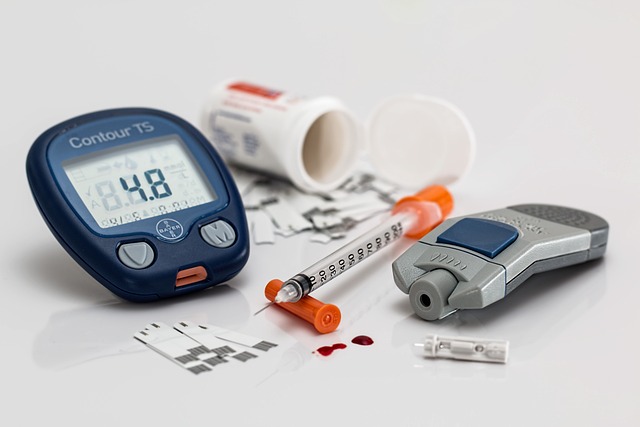18th October 2023 – by Aaruthy Suthahar

Researchers from TwinsUK have recently identified eight biochemical compounds measured in stool (faecal metabolites) that are involved in prediabetes and type-2 diabetes risk in a large study. Impaired fasting glucose, also known as prediabetes, refers to elevated blood sugar levels that are not high enough to mean that the person has type.2 diabetes. Most importantly, prediabetes is a reversible condition: you can prevent or delay prediabetes from turning into type-2 diabetes with well-established lifestyle changes. However, over 80% of individuals with prediabetes remain unaware of their condition. Previous research found a link between type-2 diabetes, prediabetes and the bacteria living in our gut, but mechanisms remain elusive. Faecal metabolites can provide valuable insights into their metabolic health, as they are the result of various metabolic processes occurring in the body, including the digestion and breakdown of food, as well as the activities of gut bacteria.
The team analysed the gut microbiome and blood glucose levels collected from 1,018 TwinsUK participants, and then checked their findings in an additional cohort from Germany. The researchers discovered eight specific faecal metabolites linked to prediabetes risk. Importantly, though these metabolites were chemicals or substances that are not naturally found in the body and come from outside sources, they were still reflective of the individuals’ gut bacteria, suggesting a complex interplay between the gut microbiome and the host’s metabolic processes. Moreover, these metabolites were also predictive of type-2 diabetes in a sub-analysis, showing a potential connection with the development of type-2 diabetes.
First author Ana Nogal stated:
“Our findings open up new avenues for understanding the role of the gut microbiome in prediabetes and type-2 diabetes. The gut microbiome seems to influence the intestinal absorption or excretion of compounds that are not produced by the human body, and this is linked to prediabetes risk, adding another layer to the complex web of interactions between the gut microbiota and metabolic health.”
Senior author Cristina Menni explained:
“This research has the potential to transform our understanding of prediabetes and type-2 diabetes development, offering new insights into the role of the gut microbiome. The implications of this study are far-reaching, and it has the potential to pave the way for innovative treatments and preventive measures for these prevalent metabolic conditions.”
The study highlights the importance of considering the gut microbiome’s impact on the absorption and excretion of compounds in understanding the onset of type-2 diabetes. Further research is needed to explore this mechanism and its potential implications for diabetes prevention and management.






